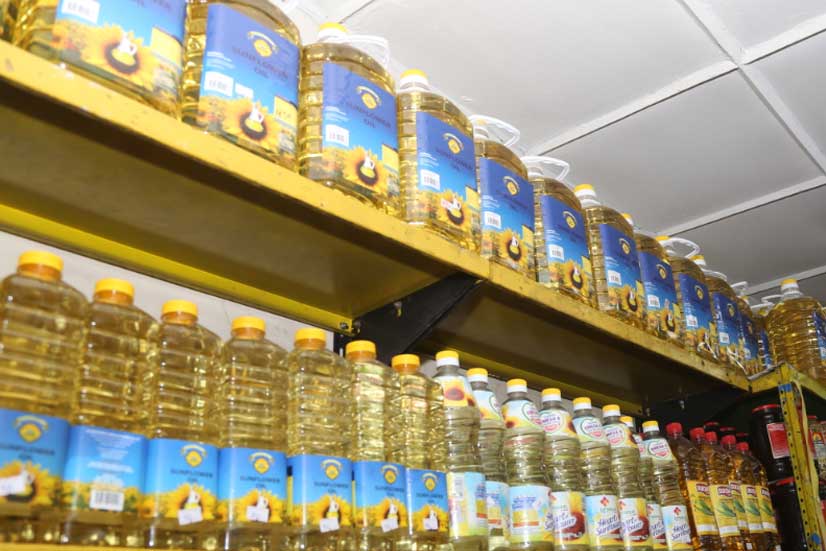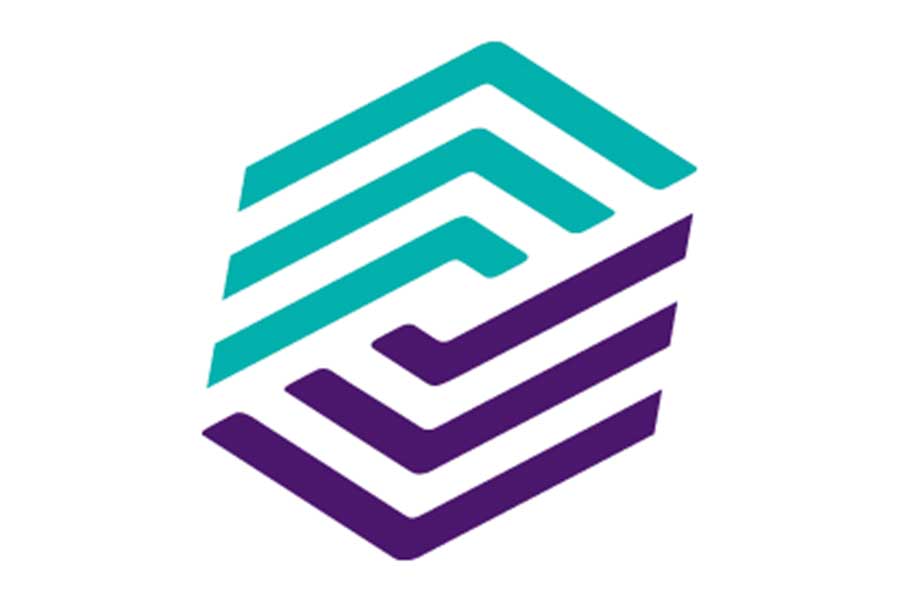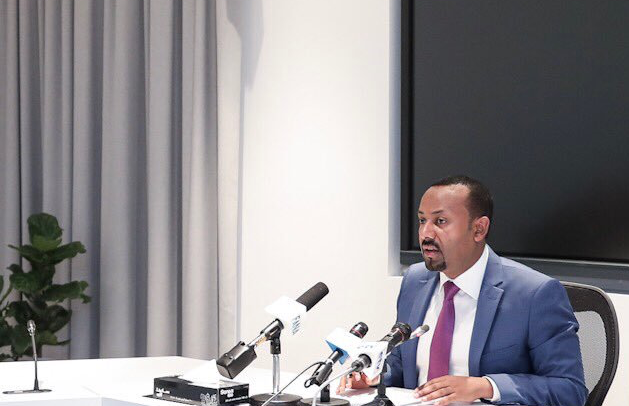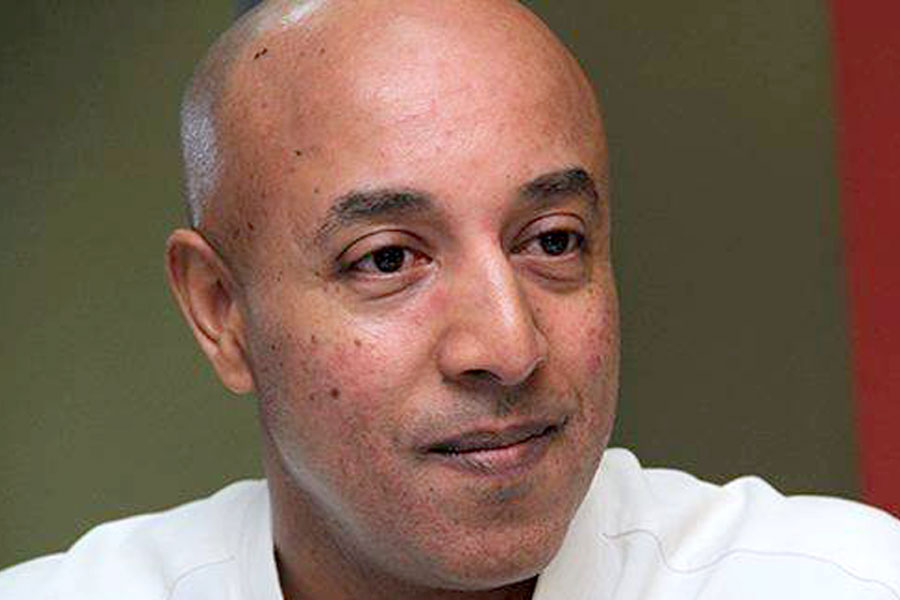
Fortune News | Dec 14,2019
Apr 2 , 2022
By SAMUEL BOGALE ( FORTUNE STAFF WRITER
)
Oil companies struggle to make upfront payments to the Ethiopian Petroleum Supply Enterprise (EPSE) following the shift in payment modalities accepted by the state-owned company.
For years, transactions in the petroleum industry were carried out using a credit-based payment scheme where bills are settled post-sale. The companies were required to provide unconditional payment guarantees from commercial banks for the fuel they received on credit. However, the Enterprise managers say mounting arrears pushed them to introduce a new payment modality. A few petroleum distributing companies, including Bilen, Genet and Erta Ale, have ceased operations due to failure to make payments.
The Enterprise has begun legal proceedings against these companies.
In late 2019, the Enterprise executives announced they would shift to upfront payment schemes, scheduled to last a year. In March last year, it became effective as oil companies were expected to pay cash upfront for 10pc of the fuel received and provide bank guarantees for the balance. The arrangement lasted three months, with the ratio changing to 25pc cash upfront in June 2021.
Over the past six months, oil companies have been paying upfront for half the petroleum they receive. A few weeks ago, the Enterprise stopped providing fuel on credit.
The Enterprise supplies 2.7 million litres of petroleum products a day on average.
Oil distributing companies find it challenging to find the cash to pay the Enterprise. An executive of Dalol Oil says the company had agreed to the payment scheme last year with the understanding that banks would avail loans and the Enterprise would provide support to make interest payments.
The Enterprise provides oil companies up to 0.4 Br a litre as financial compensation. The amount is included in the build-up for prices at pumping stations.
Accessing loans remains beyond reach for the fuel distributors.
"There's a misunderstanding with banks on collateral issues," Bruck Girma, general manager of Dalol Oil, told Fortune.
He observes that most oil companies do not have sufficient assets to hold as collateral against loans. Many own only a few pumping stations and depots where they store fuel. The complications have pushed Dalol to reconsider credit arrangements with 40 dealers under its band. It has been supplying fuel to dealers on credit and upfront payment schemes.
“It's becoming so hard on us that we're preparing to request all dealers to make cash payments,” said Bruck.
Among these dealers is Desalegn Abebayehu, who operates three stations under two brands – Dalol and OiLibya. He is also a board member of the Ethiopian Petroleum Dealers Association.
Desalegn financed the construction of the three stations in Sebeta and Alemgena; he might have easier access to loans using the properties as collateral. However, he contends that this is not the case for many of his peers.
“The worst can happen as no one sources the cash,” he said.
Building a gas station costs up to 15 million Br, with an additional five million Birr needed for equipment and furnishing.
Both Bruck and Desalegn believe fuel shortages causing long queues at pumping stations over the past few weeks are partly related to the payment issues, as oil companies and dealers struggle to come up with the cash.
Tadesse Hailemariam, chief executive officer (CEO) of the Enterprise, contends that the upfront payment scheme should not be seen as unmanageable as others in the industry make it seem.
"They've been preparing for a year," he told Fortune. "It can't be that difficult for them to adapt."
The CEO argued that oil companies should have little to no trouble accessing loans from commercial banks, as the banks would also be keen to provide the credit given the short return periods.
"They can easily take loans as it is good business for the banks," said Tadesse.
For Getachew Asfaw, a retired economist who had previously served at the Ministry of Finance and the former Planning & Development Commission, the lack of credit rating agencies and independent assessors for the fuel industry could be behind banks' reluctance to provide credit. There is a low risk of default on a highly-regulated business like fuel, according to him.
Getachew says low-profit margins at pumping stations could also play a part.
“Had the companies and dealers been assessed thoroughly and independently, it would be easier for banks to provide loans against little to no collateral," said Getachew.
Those in the banking industry say they are prepared to provide credit, though the process would still involve the procedural background checks and assessments applied to any other applicants. Although the oil industry has a high volume of transactions good for banks, the banks still have to secure the loans with sufficient collateral assets, according to Dereje Zenebe, president of Zemen Bank.
Banks also consider prior relationships with the oil companies when processing loan requests. They prefer to work with larger companies with good reputations and multinational exposure, says the President.
It is a business reality Eshetu Zeleke found out after he began a new venture in the industry last year with Global Oil Plc.
“Big companies have leverage with the banks,” Eshetu, who has been in the petroleum industry for 25 years, told Fortune.
Global Oil was incorporated last year with nearly 50 million Br in capital, with Eshetu its major shareholder. It operates six pumping stations, three of which it owns. Though Eshetu, the company's general manager, has been preparing for the new payment scheme for the past year, the change has not been easy. The upfront payment scheme is a significant barrier to new entrants like Global.
Eshetu says accessing credit has been a challenge, with small and newly established oil companies finding it difficult to bear the cash payments for substantial amounts of fuel.
PUBLISHED ON
Apr 02,2022 [ VOL
23 , NO
1144]

Fortune News | Dec 14,2019

Radar | Apr 03,2021

Radar | Nov 12,2022

Fortune News | Jun 20,2025

Radar | Feb 06,2021

Fortune News | Jun 15,2019

Fortune News | May 13,2023

Radar | Apr 24,2023

Viewpoints | Jun 22,2024

Radar | May 14,2022

Dec 22 , 2024 . By TIZITA SHEWAFERAW
Charged with transforming colossal state-owned enterprises into modern and competitiv...

Aug 18 , 2024 . By AKSAH ITALO
Although predictable Yonas Zerihun's job in the ride-hailing service is not immune to...

Jul 28 , 2024 . By TIZITA SHEWAFERAW
Unhabitual, perhaps too many, Samuel Gebreyohannes, 38, used to occasionally enjoy a couple of beers at breakfast. However, he recently swit...

Jul 13 , 2024 . By AKSAH ITALO
Investors who rely on tractors, trucks, and field vehicles for commuting, transporting commodities, and f...

Jul 5 , 2025
Six years ago, Ethiopia was the darling of international liberal commentators. A year...

Jun 28 , 2025
Meseret Damtie, the assertive auditor general, has never been shy about naming names...

Jun 21 , 2025
A well-worn adage says, “Budget is not destiny, but it is direction.” Examining t...

Jun 14 , 2025
Yet again, the Horn of Africa is bracing for trouble. A region already frayed by wars...